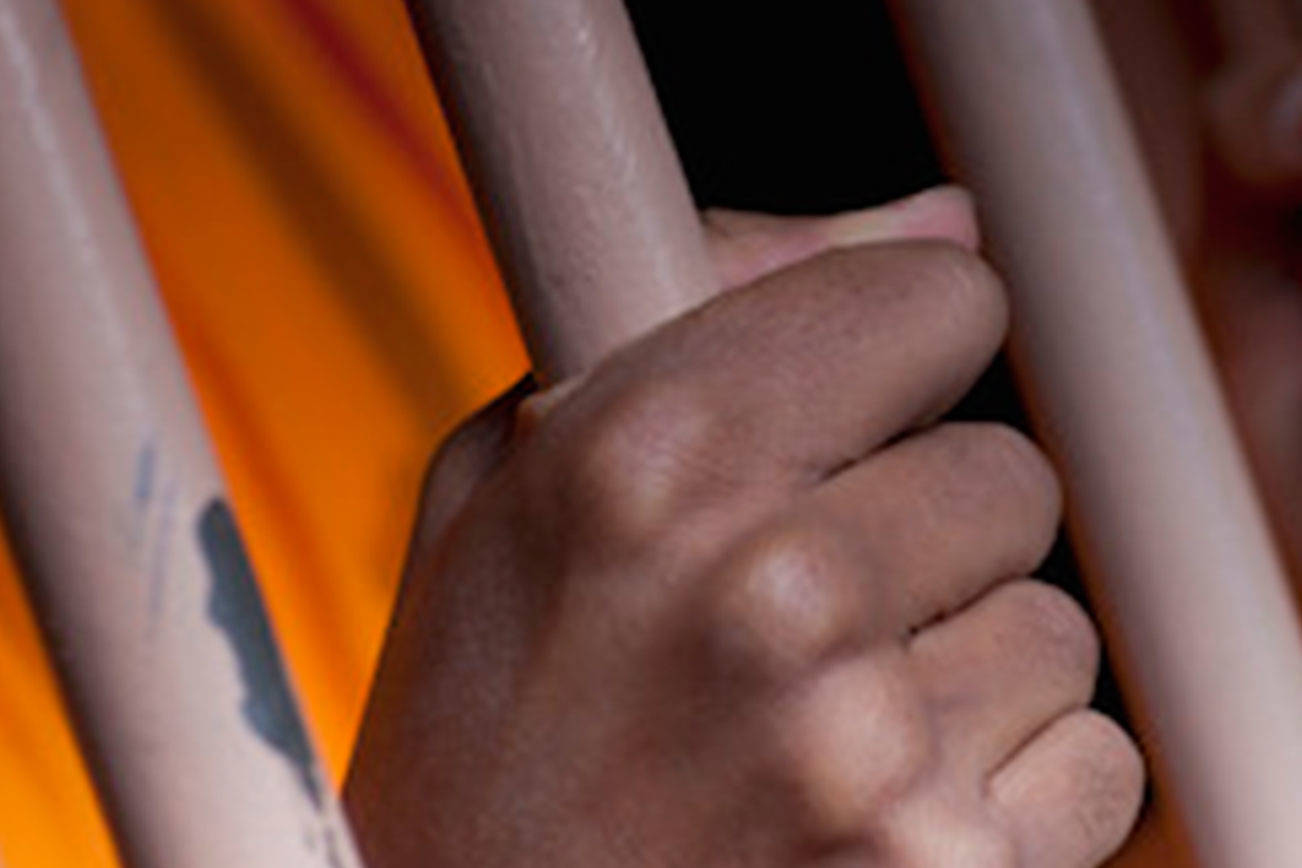By Cameron Sheppard, WNPA News Service
Washington lawmakers elected to prohibit the transfer of inmates to out-of-state private prisons, except for specific reasons, after the Senate voted 30 to 18 in favor of Engrossed Substitute Senate Bill 6442.
Sen. Rebecca Saldaña, D-Seattle, prime sponsor of Senate Bill 6442, said the bill is intended to help end the growth of an industry in which private entities profit from prolific incarceration.
The language of the original bill prohibited privately-owned detainment facilities from being contracted by local, state, or federal government entities, but a last-second amendment was proposed by Saldaña and adopted to substantially narrow the focus of the legislation. The original language of the bill likely would have had an impact on the ICE detainment facility in Tacoma.
Hannah Woerner, an attorney with Columbia Legal Services, testified to the Senate Human Services, Reentry & Rehabilitation Committee in favor of the original bill. Woerner claimed privately-run prisons are more violent and less sanitary than public facilities, in part because they cut down on guards and medical staff in order to maximize profits. Woerner said private prisons are also more prone to deliver delayed medical care to inmates in need.
“Private prisons experience more incidents of violence than public prisons, and they have been shown to lead to increased recidivism,” Saldaña said. “The detention and confinement of individuals carries great responsibility, and these functions must not be motivated by private profits.”
The companion bill to this legislation, House Bill 2576, passed 60 to 38 on Feb. 17.
The companion bill directs the Department of Health to evaluate state and local practices for inspecting private detention facilities and enforcing policies on the health, safety and welfare of detainees. The results of the study could urge lawmakers toward the prohibition of private detention facilities in the future.
“There is an inherent injustice in making money from those who are incarcerated,” said Rep. Lillian Ortiz-Self, D-Mukilteo, prime sponsor of the companion bill in the House. “It is a violation of human rights and is contrary to our democratic values.”
One of the versions of the legislation, or a merged version of the two, could be signed into law by the governor this session.



